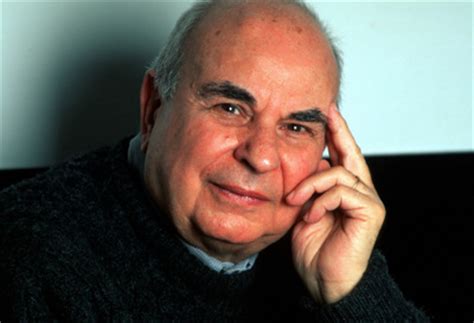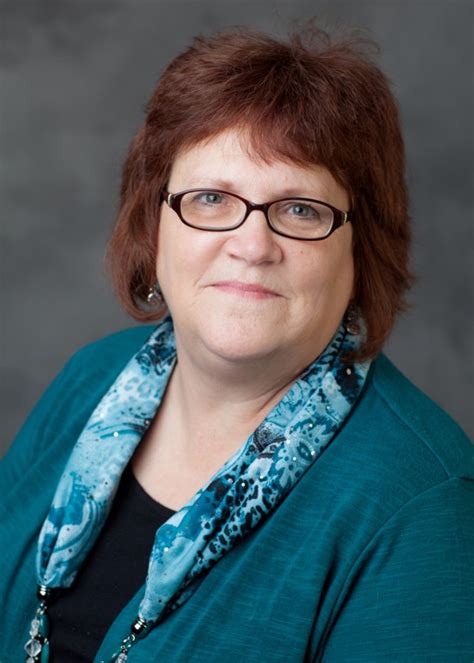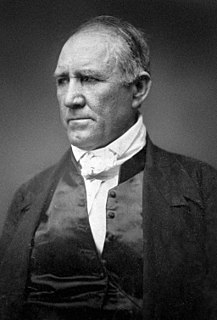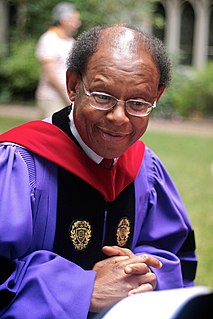A Quote by H. L. Mencken
The truth is that Christian theology, like every other theology, is not only opposed to the scientific spirit; it is also opposed to all other attempts at rational thinking.
Related Quotes
Theology is indispensable for religious communities to make sense of themselves and their changing views about the world in light of what is perceived to be revelation, but, at the same time, that theology can have a pretentiousness, or double pretentiousness, if it is acontextual as opposed to contextual, if it is foundationalist as opposed to antifoundationalist, or ahistorical as opposed to historicist.
Often, when I want to read something that is satisfying to me as theology, what I actually read is string theory, or something like that - popularizations, inevitably, of scientific cosmologies - because their description of the scale of things and the intrinsic, astonishing character of reality coincides very beautifully with the most ambitious theology. It is thinking at that scale, and it is thinking that is invested with meaning in a humanly evocative form. That's theology.
The scientific doctrine of progress is destined to replace not only the myth of progress, but all other myths of human earthly destiny. It will inevitably become one of the cornerstones of man's theology, or whatever may be the future substitute for theology, and the most important external support for human ethics.
The ultimate goal of theology isn't knowledge, but worship. If our learning and knowledge of God do not lead to the joyful praise of God, we have failed. We learn only that we might laud, which is to say that theology without doxology is idolatry. The only theology worth studying is a theology that can be sung!
In every system of theology, therefore, there is a chapter De libero arbitrio. This is a question which every theologian finds in his path, and which he must dispose of; and on the manner in which it is determined depends his theology, and of course his religion, so far as his theology is to him a truth and reality
When climate change gets some attention in a 100-page document, the most important parts of which will have to do with the theology of stewardship and the theology of "human ecology," it's almost certainly going to be rapturously embraced, or bitterly opposed, as a "global-warming encyclical," despite the evidence that it's much more broadly gauged than that.
Theology is a non-subject. I'm not saying that professors of theology are non-professors. They do interesting things, like study biblical history, biblical literature. But theology, the study of gods, the study of what gods do, presupposes that gods exist. The only kind of theology that I take account of are those theological arguments that actually argue for the existence of God.
I have ever been opposed to banks, - opposed to internal improvements by the general government, - opposed to distribution of public lands among the states, - opposed to taking the power from the hands of the people, - opposed to special monopolies, - opposed to a protective tariff, - opposed to a latitudinal construction of the constitution, - opposed to slavery agitation and disunion. This is my democracy. Point to a single act of my public career not in keeping with these principles.
All over Europe the organs that represent dogmatic interests are in permanent opposition to the progressive tendencies around them, and are rapidly sinking into contempt. In every country in which a strong political life is manifested, the secularisation of politics is the consequence. Each stage of that movement has been initiated and effected by those who are most indifferent to dogmatic theology, and each has been opposed by those who are most occupied with theology.




































